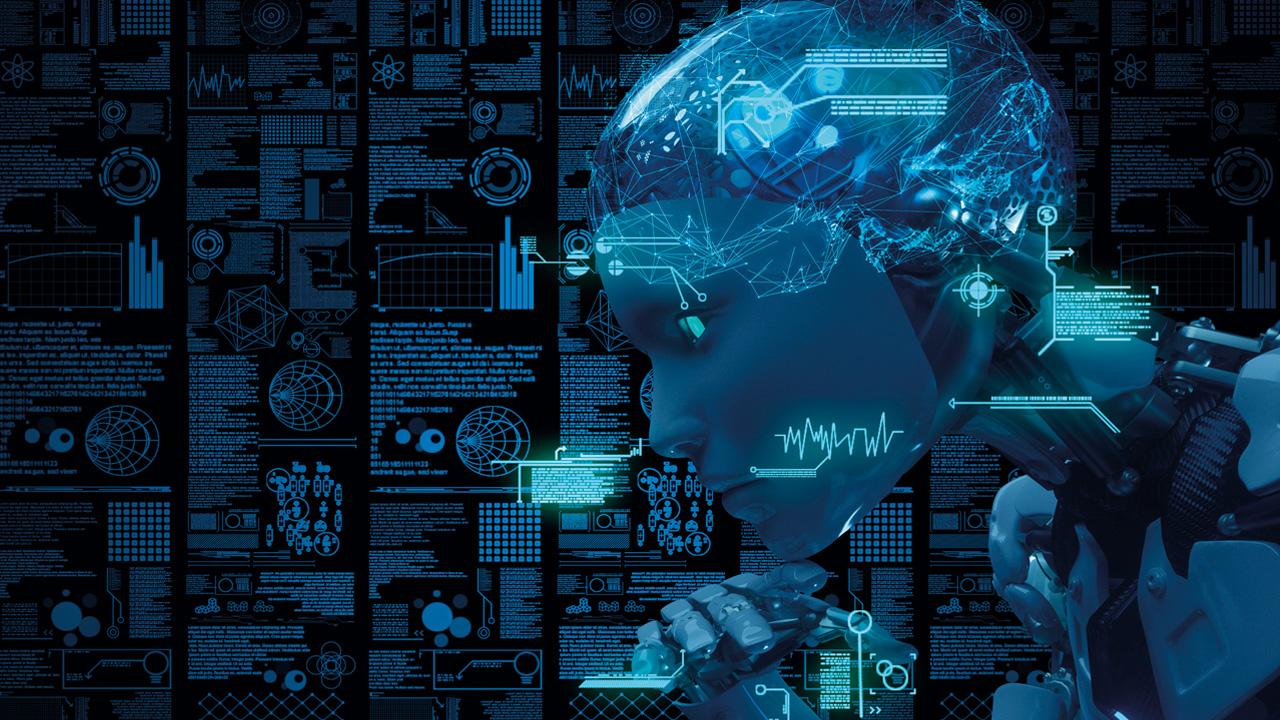AI Ethics in Practice: Building Trustworthy Intelligent Systems

AI Ethics in Practice: Building Trustworthy Intelligent Systems
As artificial intelligence becomes increasingly embedded in our daily lives, the importance of ethical considerations cannot be overstated. This article explores the core principles, real-world challenges, and actionable frameworks for developing AI systems that are not only powerful, but also trustworthy and responsible. We will delve into the latest research, industry standards, and case studies that illustrate how ethical AI is being implemented across various sectors.
Why AI Ethics Matter
AI systems influence decisions in healthcare, finance, education, and beyond. Without ethical guardrails, these systems risk amplifying bias, eroding privacy, and undermining public trust. Ethical AI is about ensuring fairness, transparency, and accountability at every stage of development and deployment. Moreover, it helps prevent harmful societal consequences and fosters innovation that benefits all.
- Protects individual rights and privacy, ensuring data is handled responsibly and securely.
- Reduces bias and discrimination in automated decisions by incorporating diverse data sets and fairness checks.
- Promotes transparency and explainability so stakeholders can understand and trust AI-driven outcomes.
- Builds public trust in AI technologies, which is essential for widespread adoption and acceptance.
- Encourages collaboration between policymakers, technologists, and communities to create ethical standards.
Principles of Ethical AI
- Fairness: Ensure AI systems treat all users equitably, regardless of background or identity. This includes actively identifying and mitigating biases in data and algorithms.
- Transparency: Make AI decision-making processes understandable and accessible to stakeholders through documentation, open models, and clear communication.
- Accountability: Assign clear responsibility for AI outcomes and provide mechanisms for redress, including auditing, impact assessments, and governance frameworks.
- Privacy: Safeguard user data and respect consent at every stage by implementing privacy-by-design principles and secure data management.
- Safety: Design systems to minimize harm and anticipate unintended consequences through rigorous testing, monitoring, and fail-safes.
Practical Frameworks and Tools
- Ethics Guidelines: Adopt standards Ethically Aligned Design, or the OECD AI Principles to guide responsible development.
- Bias Audits: Regularly test models for disparate impact, retrain with balanced data, and employ fairness metrics to ensure equitable outcomes.
- Explainability Tools: Use interpretable models, model-agnostic methods, and visualization tools to clarify AI logic to diverse audiences.
- Privacy Enhancing Technologies: Implement data minimization, anonymization, differential privacy, and secure storage to protect sensitive information.
- Continuous Monitoring: Establish real-time monitoring systems to detect model drift, biases, or failures post-deployment and enable timely interventions.
Case Studies
From healthcare diagnostics to financial risk assessment, organizations are applying ethical frameworks to real-world AI deployments. For example, a healthcare provider implemented bias audits to reduce racial disparities in diagnostic tools, improving patient outcomes. In finance, a major bank enhanced transparency by integrating explainability tools to clarify credit decisions to customers. These case studies highlight both successes and lessons learned in building systems that are robust, fair, and trusted by users.
These examples underscore the importance of an ethical approach, not only for compliance but for fostering innovation that benefits society at large.
Conclusion
Ethical AI is not a one-time checklist, but an ongoing commitment. By embedding ethical principles into every phase of AI development, from design to deployment and beyond, we can create intelligent systems that serve humanity with integrity and respect. Collaboration among developers, policymakers, and users is essential to uphold these values and navigate the evolving challenges of AI technology.
Ultimately, building trustworthy AI systems is foundational to harnessing the transformative potential of AI while safeguarding human rights and societal well-being.
